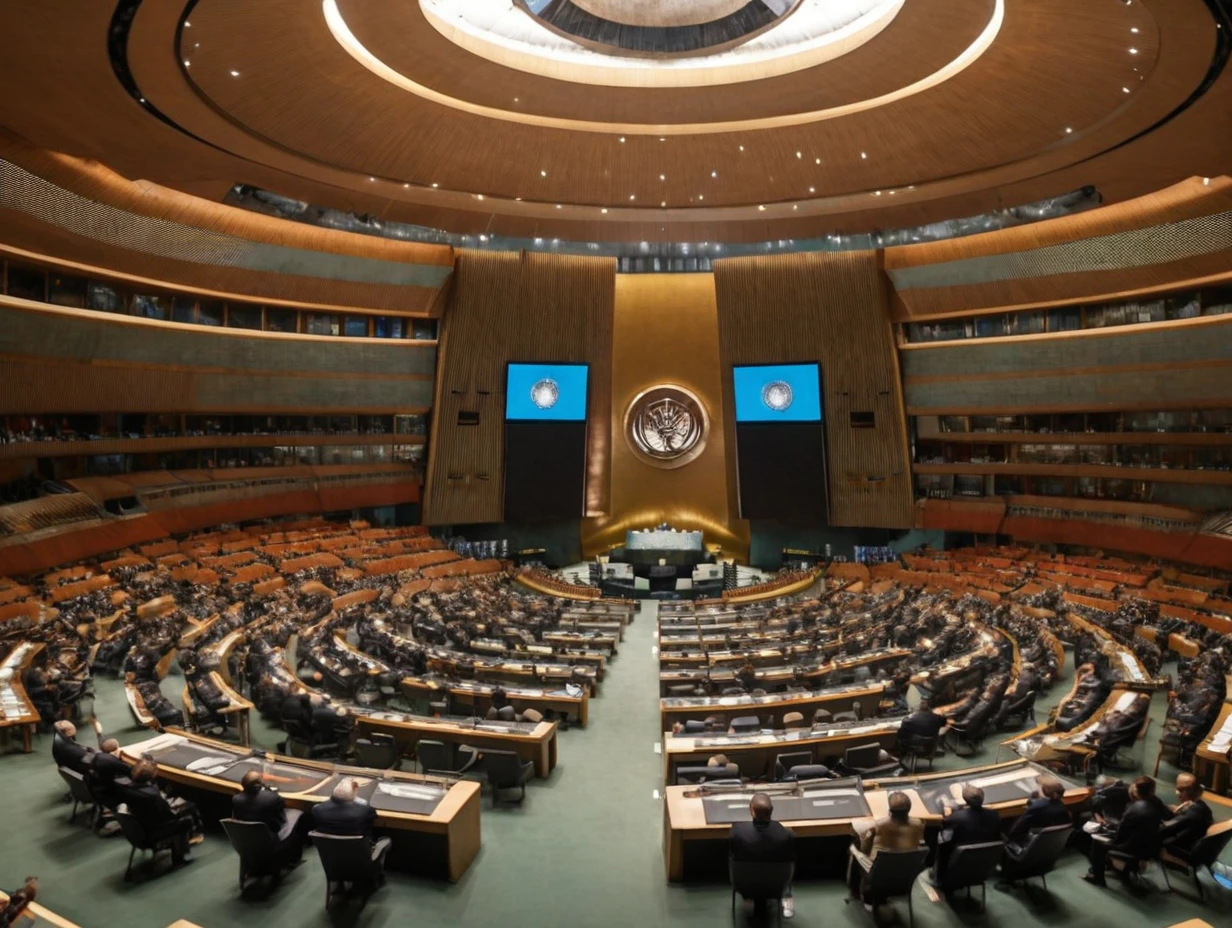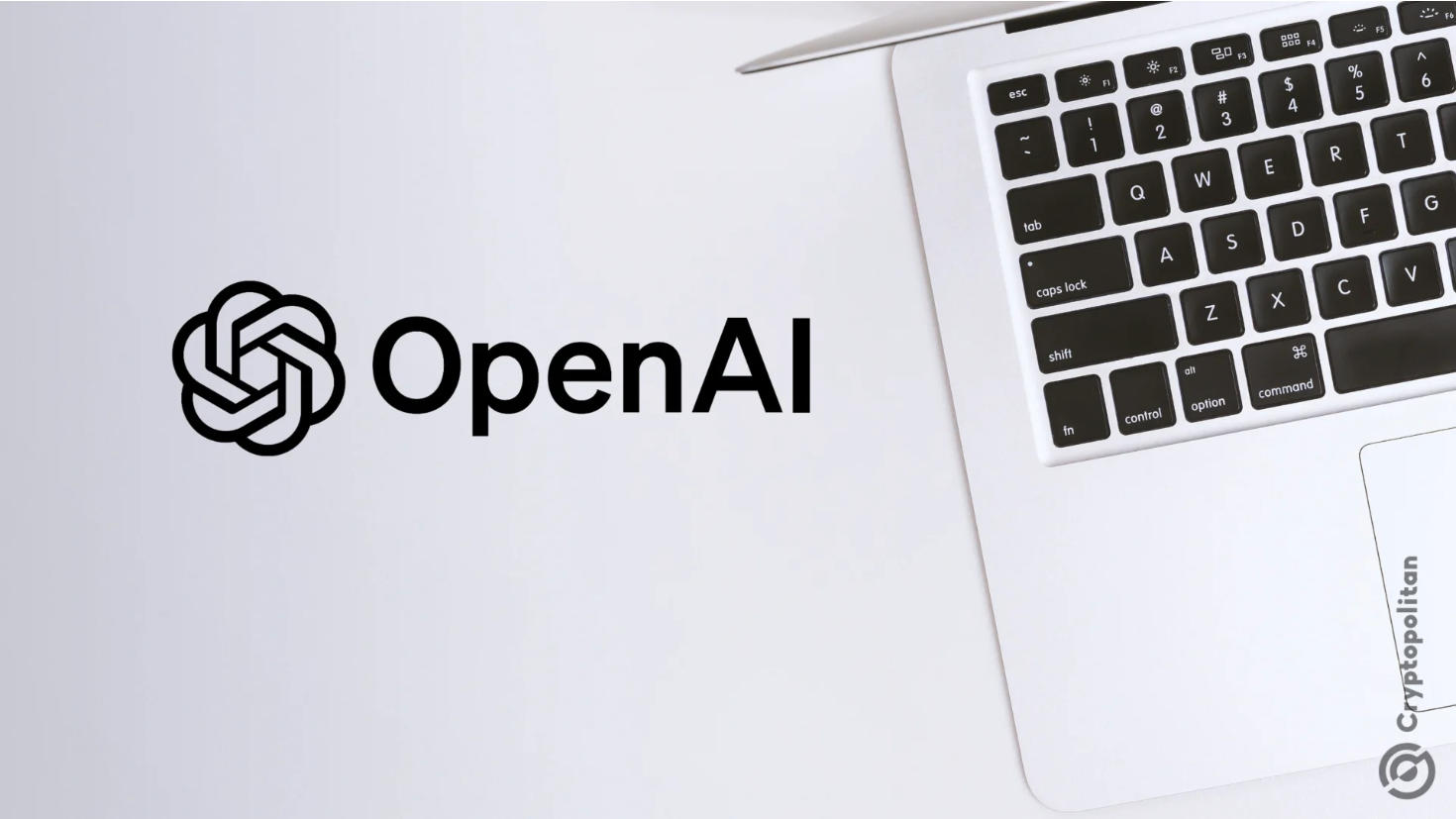The UN General Assembly is poised to address the growing influence of artificial intelligence (AI) as it convenes to discuss a resolution to establish international standards for the technology. Co-sponsored by numerous countries, the resolution underscores the need for guidelines to ensure AI systems’ safety, security, and trustworthiness. While primarily focusing on the positive potential of AI, the resolution also highlights concerns regarding its misuse and the necessity to bridge digital divides.
International Standards for Safe AI Deployment
The draft resolution, spearheaded by the United States, seeks to promote the responsible development and deployment of AI technologies while excluding military AI from its scope. It emphasizes the importance of fostering equitable access to AI to achieve the UN’s Sustainable Development Goals by 2030. US Ambassador to the UN, Linda Thomas-Greenfield, stressed the urgency for collective action as AI technologies evolve rapidly.
Despite the optimistic outlook, the resolution acknowledges the threats posed by AI when misused, including the erosion of human rights, reinforcement of prejudices, and risks to personal data protection. It calls upon member states to refrain from using AI systems that violate international human rights laws or pose undue risks to human rights enjoyment. Furthermore, the resolution highlights growing apprehensions regarding generative AI tools and their potential to spread disinformation, particularly in the context of election interference.
UN Secretary-General’s call for regulation
UN Secretary-General Antonio Guterres has prioritized AI regulation, advocating for establishing a UN entity akin to the International Atomic Energy Agency. Guterres has cautioned against biases in AI technologies, particularly those designed predominantly by men, which may perpetuate inequalities and disregard the rights of women. He warned against the long-term consequences of “male-dominated algorithms” and emphasized the need for inclusive and unbiased AI development.
The resolution reflects ongoing efforts by various UN member states, including the United States, China, and South Korea, to assert leadership in shaping AI governance. In October, the White House unveiled regulations aimed at positioning the US as a frontrunner in AI regulation, with President Joe Biden stressing the imperative of governing the technology effectively. However, competition among nations to lead the discourse on AI governance underscores the complexity and sensitivity of the issue.
As the UN General Assembly prepares to deliberate on the resolution, the global community faces critical decisions regarding the future of AI regulation and governance. While recognizing the transformative potential of AI, it is imperative to address concerns surrounding its responsible use and mitigate risks to human rights and societal well-being. Establishing international standards for safe and trustworthy AI represents a crucial step towards harnessing the benefits of technology while safeguarding against its potential pitfalls.
The resolution underscores the need for collaborative efforts to navigate the evolving landscape of artificial intelligence and ensure its alignment with the principles of transparency, accountability, and inclusivity.





